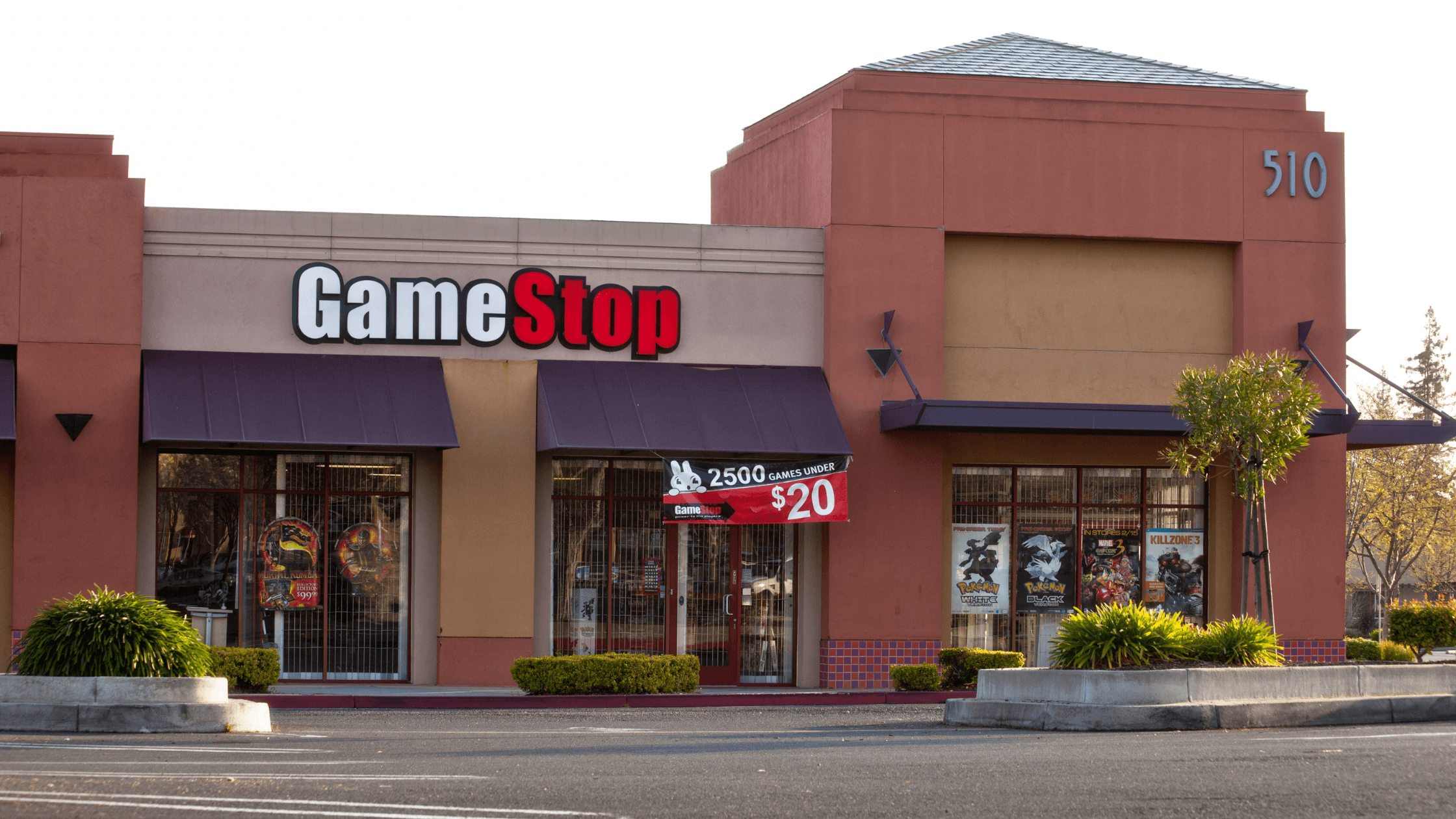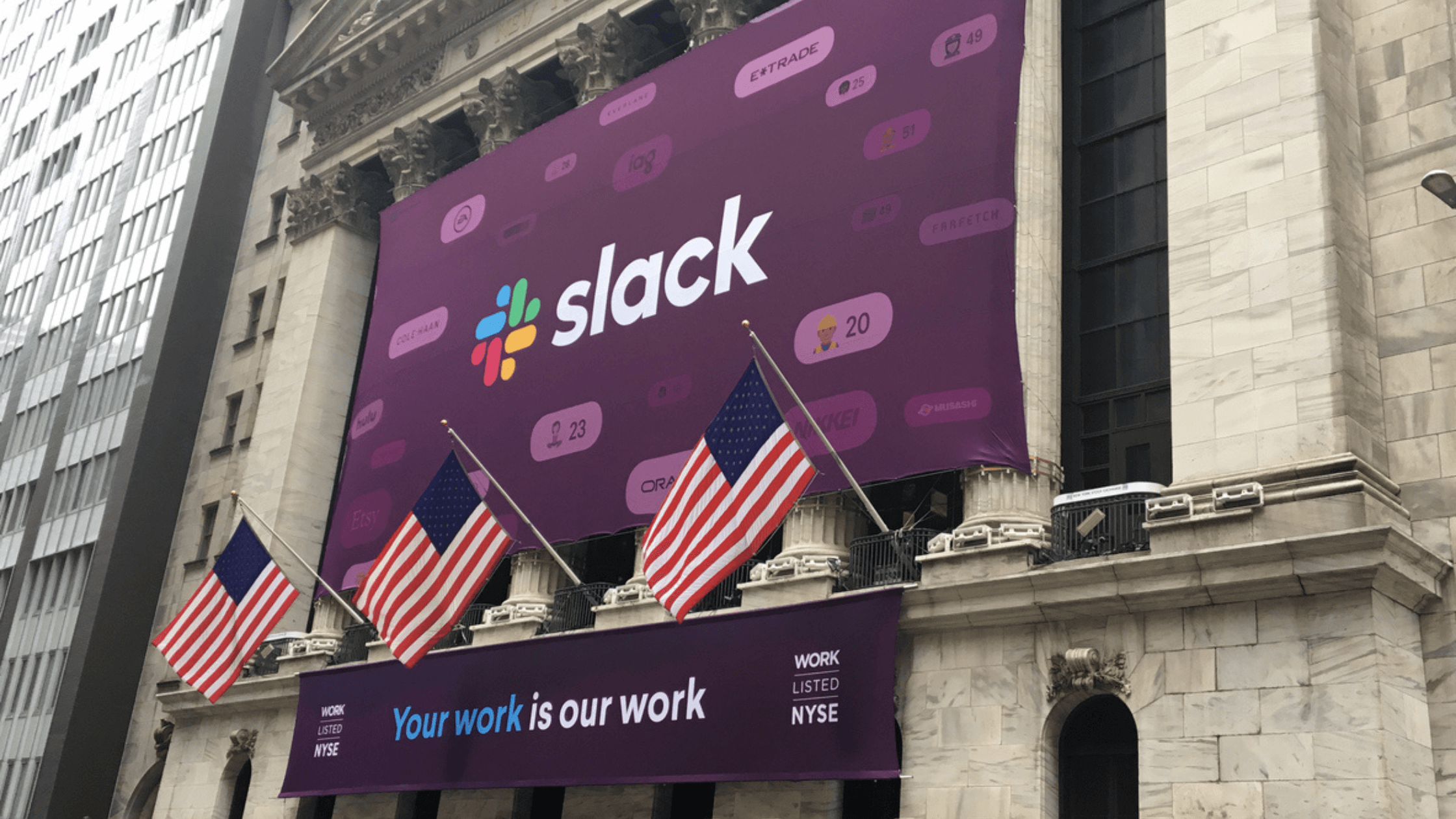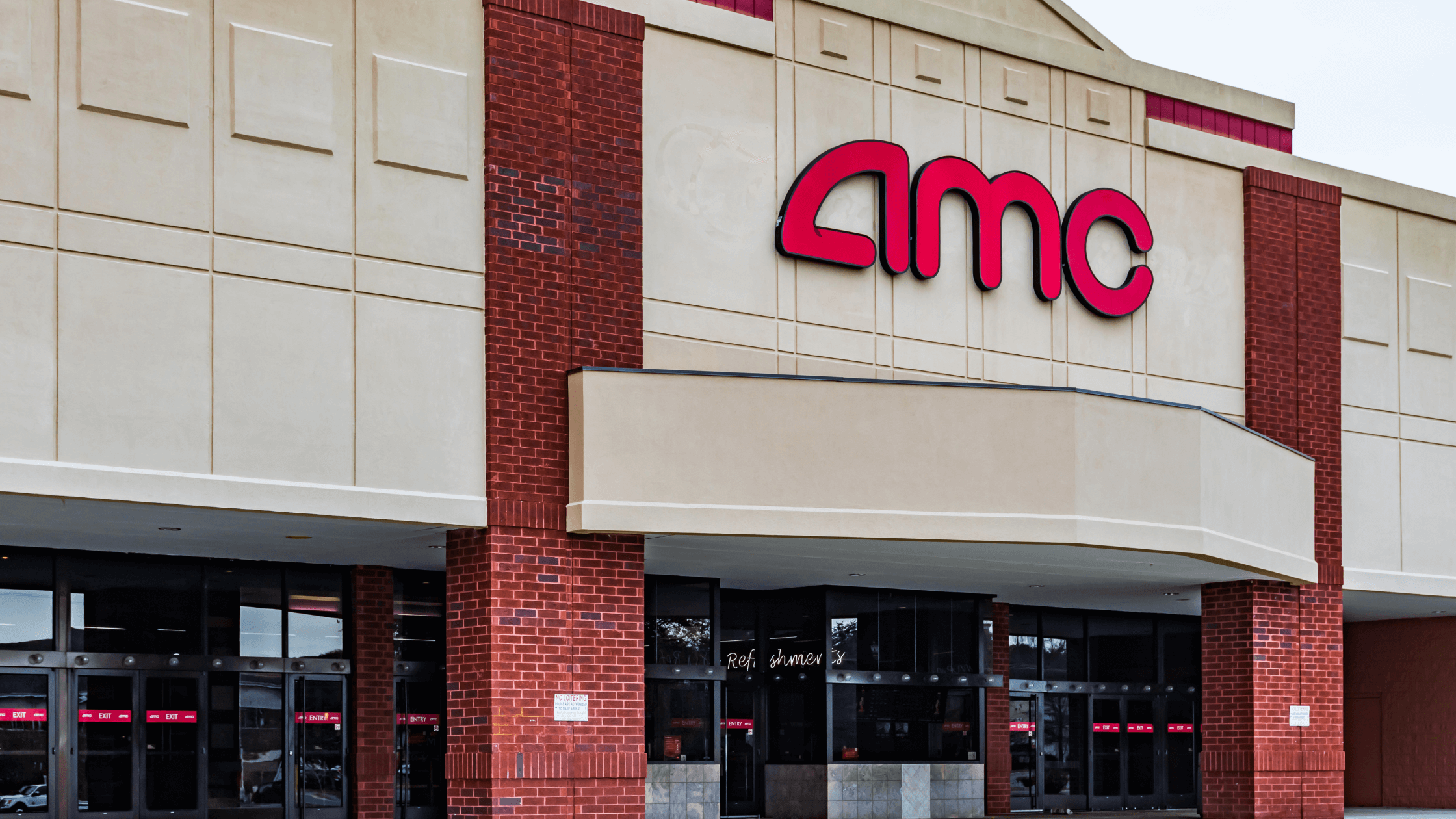GameStop: Why Its Stock is Red-Hot and Dangerous

There’s investing. And then there’s speculating. Lately, the latter has been present if investors take a look at GameStop Corp (NYSE: GME).
The US-based video game and consumer electronics retailer has been at the centre of a battle between short sellers – those who bet on a stock’s price falling – and the crowd of retail investors that like to “day trade” via tips on forums such as Reddit’s wallstreetbets (dubbed “WSB”).
As a result, GameStop stock has witnessed some insane volatility. So far this year, the company’s stock price is up 680%. You read that right. That’s just this year (so in under a month) and not for the whole of 2020.
Yesterday alone, GameStop stock was up 92%. Here’s a breakdown of what’s going on with the stock and why long-term investors should stay well clear.
Epic short squeeze
Borrowing shares to bet against the stock is known as “shorting”. Short-sellers are frequently found in the hedge fund industry, which go both “long” and “short” stocks.
Effectively betting on the stock going down, these hedge funds borrow shares of GameStop, then sells them and waits for the share price to fall before buying back shares – thereby pocketing the difference as profit.
The only problem with this is that GameStop has had a very effective backstop – retail investors (or day traders) who have been pushing up the share price.
In late 2020, there were already whispers on Reddit’s WSB that GameStop “could be the greatest short burn you’ll see in history”. Ouch.
At the end of 2020, a whopping 144% of GameStop’s free float shares were sold short – with naked shorting (borrowing shares that technically don’t exist) driving that number. That has exacerbated what’s called a “short squeeze”.
What that effectively means is that short-sellers in GameStop have had to “cover” their positions given how much the share price has rocketed.
Covering basically means liquidating their positions, which only drives the share price up further. It’s a vicious (and pricey) cycle for short-sellers as everyone rushes for the exit at the same time.
Lessons for investors
When we talk about shorting, we sometimes lose sight of the fact that as long-term investors, we’re actually buying businesses.
In GameStop’s case, its business is under threat. Although it has announced a turnaround plan which, in its own words, is to “transform GameStop to a fully customer-driven, digital-first, omichannel retailer”, GameStop’s core business of selling video games and consoles is clearly becoming obsolete.
That’s because gaming is increasingly moving online and into the cloud, despite the release of the latest Xbox and PlayStation consoles.
For long-term investors, it’s worth remembering that these types of mini face-offs between short-sellers and the day trading crowd are becoming increasingly common as younger investors dabble in day trading.
Gambling, not investing
Yet, we would be wise to take note that this sort of “trading” in GameStop is effectively gambling as the share price is completely disconnected from the reality of the actual business. It is being driven purely by speculation.
Likewise, for stocks like GameStop that skyrocket on speculation, the reverse is also true in that they can come crashing back down to earth just as quickly. Until then, though, long-term investors can sit this one out and enjoy the market spectacle.
Disclaimer: ProsperUs Head of Content Tim Phillips doesn’t own shares of any companies mentioned.






















































